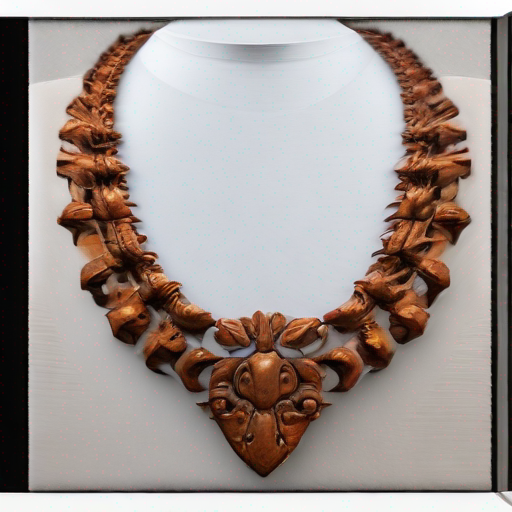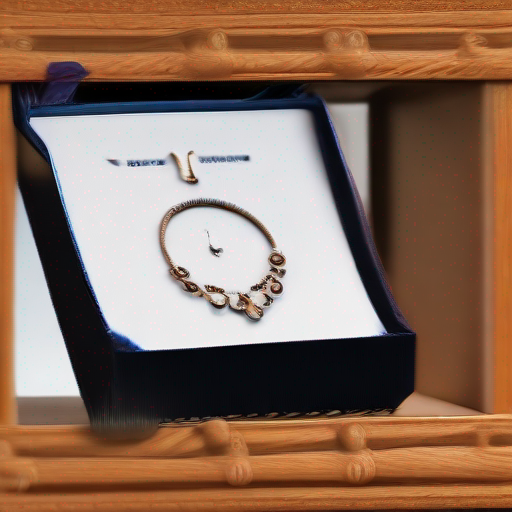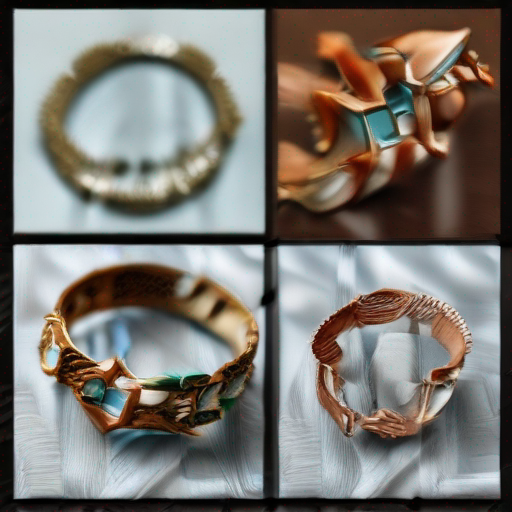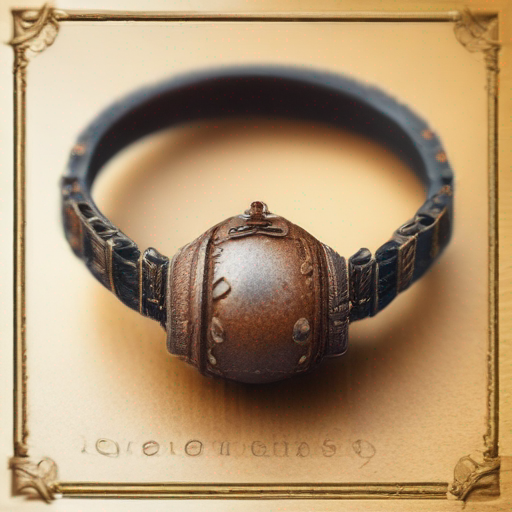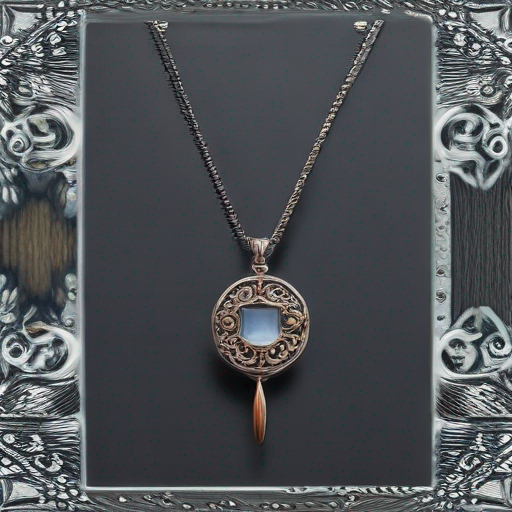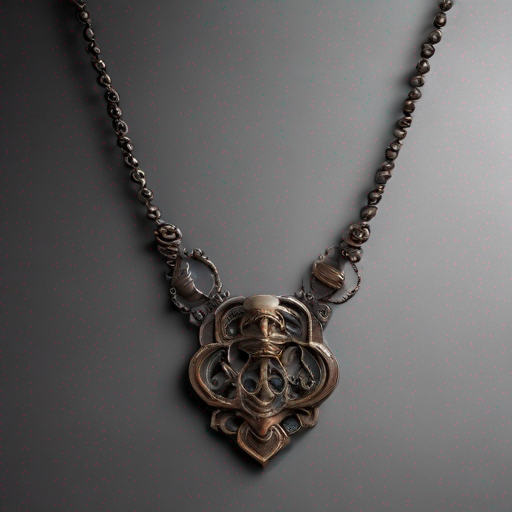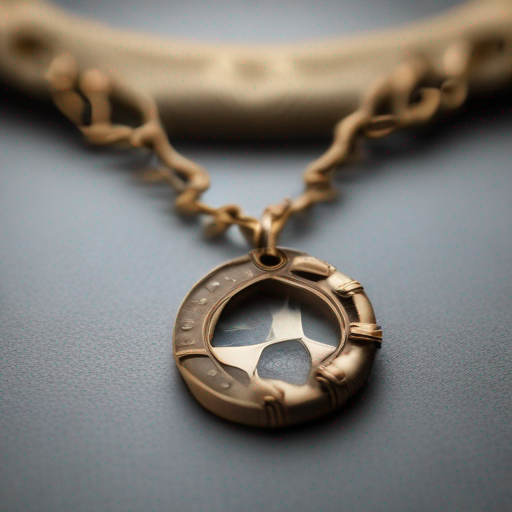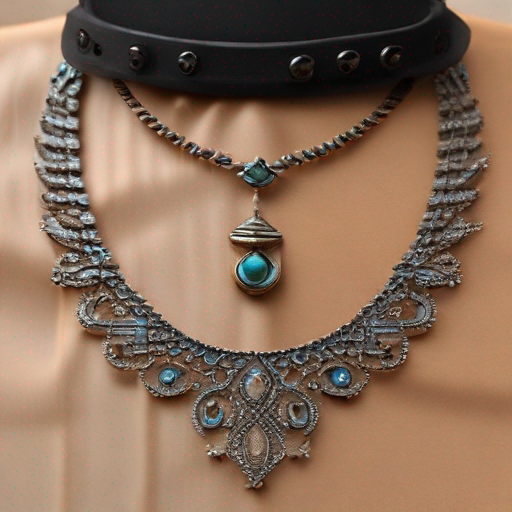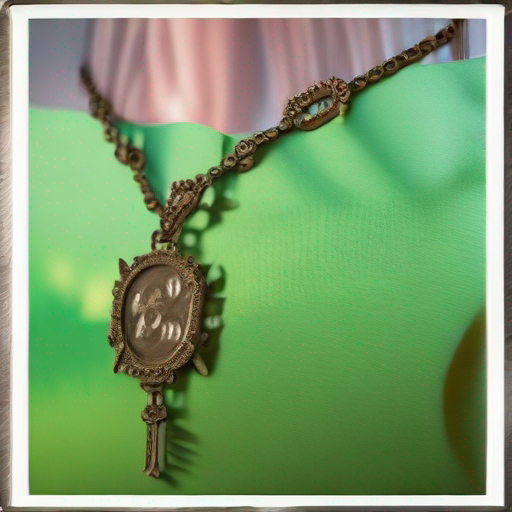
How to Get Rust Off Necklace Chains: A Step-by-Step Guide
Rust on necklace chains can be a frustrating and unsightly problem. Not only does it dull the appearance of your jewelry, but it can also cause damage to the metal over time. In this article, we'll explore the best ways to remove rust from necklace chains and keep them looking their best.
The Causes of Rust
Before we dive into how to get rid of rust, it's important to understand why it forms in the first place. Rust is a result of oxidation, which occurs when metal comes into contact with oxygen and moisture. This can happen when your necklace chain is exposed to air, water, or sweat.
Common Culprits
Some common situations that can lead to rust on necklace chains include:
- Sweating while wearing the necklace
- Exposure to moisture or humidity
- Not cleaning the chain regularly
- Using harsh chemicals or abrasive materials when cleaning
- Not storing the chain properly when not in use
The Consequences of Rust
If left untreated, rust can cause a range of problems for your necklace chain. Some of the consequences include:
- Dulling the appearance of the metal
- Causing damage to the chain's structure
- Affecting the strength and durability of the chain
- Potentially causing the chain to break or become brittle
The Solution: Removing Rust from Necklace Chains
The good news is that there are several effective ways to remove rust from necklace chains. Here are some step-by-step instructions:
Method 1: Vinegar and Baking Soda
Ingredients needed:
- White vinegar
- Baking soda
- Water
Instructions:
- Mix equal parts white vinegar and water in a bowl.
- Add one tablespoon of baking soda to the mixture.
- Soak the rusted chain in the solution for several hours or overnight.
- Rinse the chain with warm water, then dry it thoroughly.
Method 2: Lemon Juice and Salt
Ingredients needed:
- Freshly squeezed lemon juice
- Salt
- Water
Instructions:
- Mix equal parts lemon juice and water in a bowl.
- Add one tablespoon of salt to the mixture.
- Soak the rusted chain in the solution for several hours or overnight.
- Rinse the chain with warm water, then dry it thoroughly.
Method 3: Hydrogen Peroxide
Ingredients needed:
- Hydrogen peroxide
- Water
Instructions:
- Mix equal parts hydrogen peroxide and water in a bowl.
- Soak the rusted chain in the solution for several hours or overnight.
- Rinse the chain with warm water, then dry it thoroughly.
Preventing Rust in the Future
While these methods can effectively remove rust from necklace chains, it's also important to take steps to prevent it from forming in the first place. Here are some tips:
- Clean your jewelry regularly with a soft cloth and mild soap
- Store your jewelry in a cool, dry place when not in use
- Avoid exposing your jewelry to moisture or humidity
- Consider applying a rust-inhibiting coating or polish to your chain
Conclusion
Rust on necklace chains can be a frustrating problem, but it's not impossible to solve. By understanding the causes and consequences of rust, you can take steps to remove it and prevent it from forming in the future. Whether you choose to use vinegar and baking soda, lemon juice and salt, or hydrogen peroxide, there are many effective methods for removing rust from necklace chains.
Key Takeaways
- Rust forms when metal comes into contact with oxygen and moisture
- Common culprits that can lead to rust include sweating while wearing the chain, exposure to moisture or humidity, not cleaning the chain regularly, using harsh chemicals or abrasive materials, and not storing the chain properly when not in use
- Removing rust from necklace chains requires a combination of chemical reactions and physical processes
- Preventing rust in the future involves regular cleaning, proper storage, and application of rust-inhibiting coatings or polishes
Table: Common Methods for Removing Rust
| Method | Ingredients Needed | Instructions |
|---|---|---|
| Vinegar and Baking Soda | White vinegar, baking soda, water | Soak the chain in the solution for several hours or overnight, then rinse with warm water and dry thoroughly |
| Lemon Juice and Salt | Freshly squeezed lemon juice, salt, water | Soak the chain in the solution for several hours or overnight, then rinse with warm water and dry thoroughly |
| Hydrogen Peroxide | Hydrogen peroxide, water | Soak the chain in the solution for several hours or overnight, then rinse with warm water and dry thoroughly |
Learn More: How to Get Rust Off Necklace Chains
For more information on how to remove rust from necklace chains, check out our article at How to Get Rust Off Necklace Chains.

